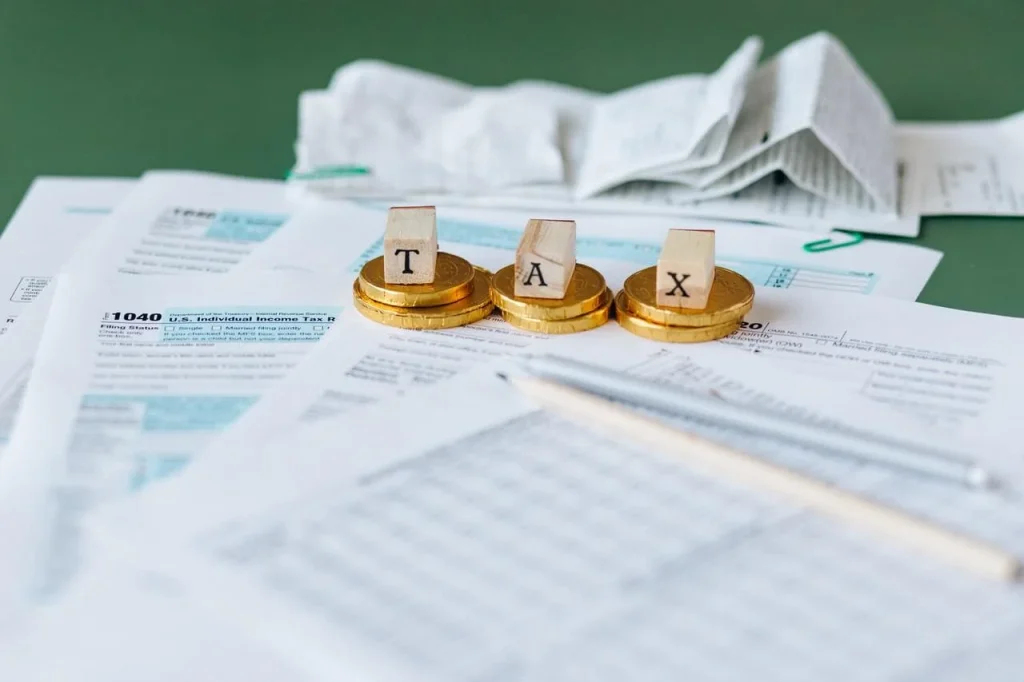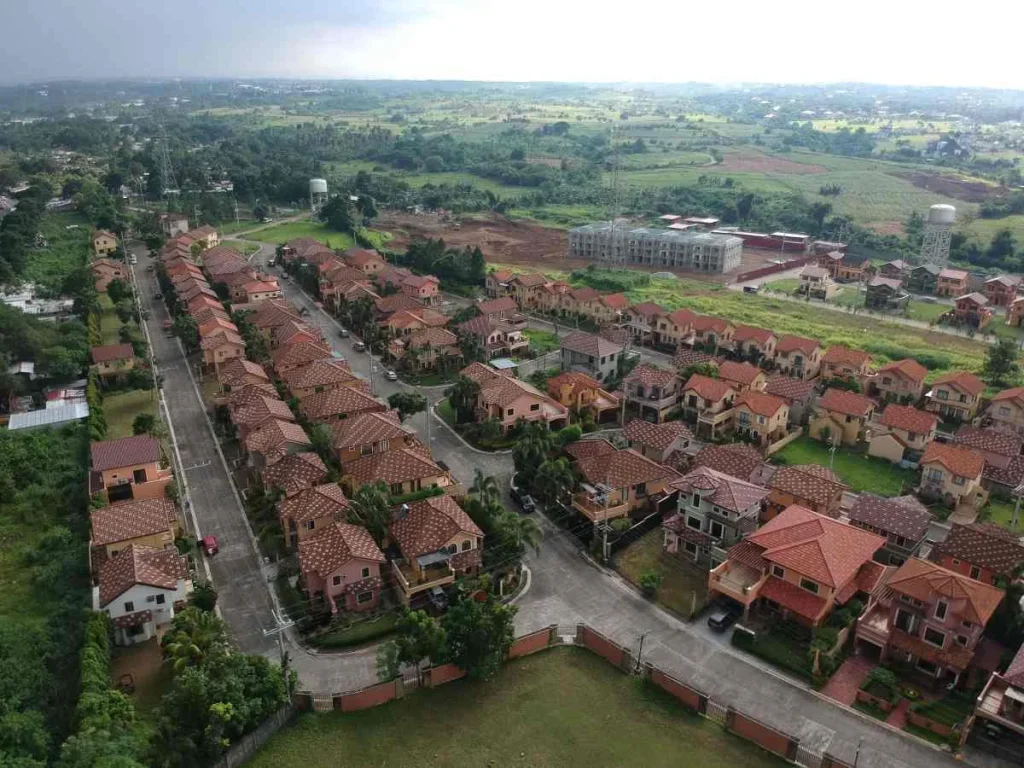Investing in numerous investments that investors either found on their own or were advised to them by a family member, friend, or other mutual is how various investors currently take risks and diversify their portfolios. And while they manage and keep an eye on their investments from the comfort of their condo in Laguna, it is apparent that any news concerning certain investments would quickly reach them, especially if the news had a significant impact on their financial resources, particularly those in real estate.
Many investors have taken the chance to put money into a range of assets, one of which is real estate. Because of this, people who have invested in it or are currently doing so are upset over the announcement that the country’s real estate tax on personal property will be adjusted as of last April 2022.
It was recently announced that local governments are losing billions in terms of resources due to outdated property valuation, and therefore the Department of Finance (DOF) has requested that they modify their real estate taxation.

Carlos Dominguez, the secretary of finance, stated that changing the schedule of market values in assessing real estate assets will enable local governments to collect the appropriate taxes through legislating real property valuation reform. Additionally, according to Dominguez, the local government loses billions of pesos when they continue to utilize property values that are lower than those used by the Bureau of Internal Revenue (BIR) and other international norms.
Given that investing in real estate has advantages and particular difficulties, it makes sense. Thus, this adjustment will in fact drive some investors to manage their investments with careful preparation and judgment.
The owners of these properties, such as a condo in Laguna, must be prepared for higher rates than they were used to as a result of this declaration. As a matter of fact, a quick overview of how this adjustment can impact real estate investors in the Philippines and how they can cope will be provided in this article.
Real Estate Tax Adjustment Rate
Along with completing mortgage and association payments, a homeowner also has the annual duty of paying real estate or property taxes on their home. The adjustment in one’s real estate tax rate is known as the Real Estate Tax Adjustment Rate, or RETA. When property taxes are due, they will be added to them based on the real estate tax rate from the previous year.
Unfortunately, this change will result in a tax increase that will be passed along to tenants and/or condominium owners. Given that real property tax for the calendar year accumulates on January 1 of every year, the tax increase will go into effect on that date in 2023. This would imply that the person who owns the property as of January 1 will be held responsible.
Therefore, before coming to any conclusions, such as selling or purchasing more units, it is necessary that one should comprehend how this shift will influence their investment strategy if they reside in an apartment building or own a condo in Laguna.

Estimate Real Estate Taxes, Depending on the Area and the Kind of Real Estate You Own
Real estate tax adjustments will require most investors to start managing their budget, thus they should also learn how to compute or make an estimation of their liability. Most homeowners must pay real estate taxes, and an investor’s cost will depend on where they are located. By using the formula REAL ESTATE TAX = REAL ESTATE RATE X ASSESSED VALUE OF THE PROPERTY, real estate taxes can be calculated. The assessed value of a property is determined by multiplying its fair market value by the assessment level set by mandates; the assessed value may also be referred to as the property’s taxable value. The market value of a property must be multiplied then by the assessment level in order to determine its taxable value. Keep in mind that real estate tax is a type of ad valorem tax which means that it is based on the assessed value of an item.
Preparing for the Tax Adjustment
Investors in real estate ought to start preparing for this tax adjustment right away, in which they can start by listing their assets as soon as they can, then calculate their real estate taxes based on their location and the kind of property investment they possess. However, it is also important to take note that the provinces and Metro Manila have varying real estate taxes since real estate taxes are two percent in Metro Manila and one percent in the provinces. In addition, if the investor is unsure of how to conduct this inventory procedure, then they may speak with a financial adviser or accountant.

Start Taking an Inventory of Your Assets
Experiencing adjustments in real estate tax can also affect the investor’s spending habits. Taking an inventory of one’s assets can enable an investor to get ready for the tax adjustment and make sure that everything is set up before the end of the year. Additionally, if an increase in real estate tax rate is anticipated, individuals should consider creating a budget that will accommodate the increase in their monthly expenses without having a negative effect on other areas, such as their food expenses or leisure (which may have already been cut).
Investors should prepare a budget that can sustain an increase in the real estate tax rate
Since there is still plenty of time to prepare for the real estate tax adjustment, investors are strongly advised to begin creating a budget for their properties that can withstand an increase in the real estate tax rate. To start creating a budget, they must first ascertain their available financial resources, considering that the investor will need to be aware of their income level and expected tax liability. If their salary is large, it could be a good idea to set aside a portion of it each month for taxes to avoid running out of money before the end of the year. But if this is impossible because of other financial obligations, an investor should think about borrowing from friends or family or perhaps getting a loan from a bank until the following year’s taxes are paid to the taxing authority (or at least until the next quarter).
Read more: The Effect of Commercial Real Estate on your Investments


